Swiss Banking's Biggest Blow-Ups
4. Wegelin: Time's Up
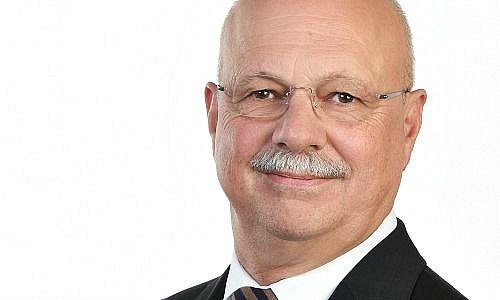
(Konrad Hummler, Image: Keystone)
On August 24, 2009, Swiss private banker Konrad Hummler published his 265th investor note – a move which set into motion his bank's downfall. Switzerland's banks, then already under pressure from U.S. prosecutors in a burgeoning tax crackdown, should shut out the U.S., he said. While the capital market is the world's most vital, its «aggressive potential and economic development» couldn't be reconciled. It was time to say goodbye, he wrote.
Behind the scenes, U.S. prosecutors were mounting an investigation into Wegelin's dealings with wealthy offshore American. Hummler had counted on Wegelin's leaving the U.S. capital market to shield the 268-year-old wealth manager from the U.S. justice officials.
He was wrong: Wegelin went under after a guilty plea. The bank's wider business was split off into Notenstein, which last year also disappeared into Vontobel. Hummler, an eloquent private banker with impeccable connections, later told Swiss weekly «Weltwoche» that the bank had acted somewhat «frivolously».
5. Kash-ya Me Outside
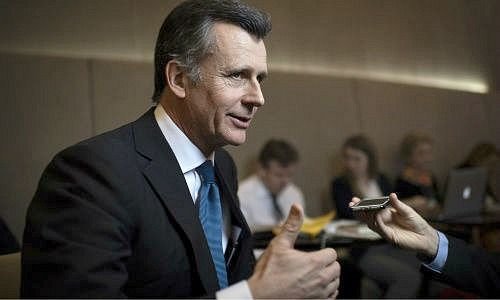
(Philipp Hildebrand, Image: Keystone)
The finance world furrowed its collective brow: Philipp Hildebrand, the head of Switzerland’s central bank, admitted that his wife (an erstwhile foreign exchange dealer) had bought U.S. dollars shortly before Switzerland pegged its currency to the euro. In short, she effectively speculated against the value of the Swiss franc – while her husband oversaw the stability of the Swiss currency.
«I don’t want to burden you with my family matters. We have a… Let’s just say my wife has a strong personality,» Hildebrand said at a press conference in January 2012. He resigned several days later after the affair threatened to smear the central bank’s reputation.
6. UBS: Crushed by Write-Downs
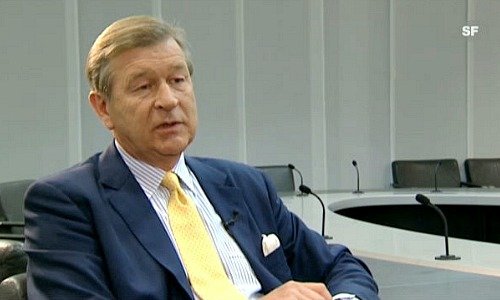
(Marcel Ospel, Image: SFR/SF)
Late in 2007, long-time UBS Chairman Marcel Ospel was still feeling confident: the bank had been hit by a few losses, but the pain could be ring-fenced, he felt. UBS took a write-down of 4.2 billion Swiss francs ($42. billion) and Ospel took to Swiss television to assure investors that the Swiss bank simply wanted to be on the safe side by taking such a large hit against its results.
The rest is history: almost exactly one year after Ospel’s reassurances, UBS was forced to take a Swiss government bailout as the financial crisis unfolded. The 69-year-old was forced out several months before the full extent of UBS' damage – more than $50 billion in losses – became apparent.
7. Raiffeisen's Handsomely-Rewarded Puppets
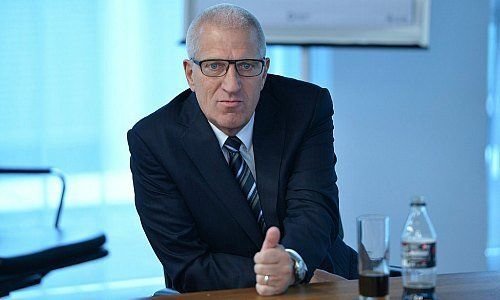
(Pierin Vincenz, Image: Raiffeisen)
A staid banking cooperative focused on small- and mid-sized clients is the last place you would look for a graft scheme of several hundred million. But long-standing CEO Pierin Vincenz accumulated and centralized enormous power in 16 years with the St. Gallen-based lender – helped in part by his risk manager-wife.
Vincenz was in theory kept in check by a board, but the body ultimately turned out to be a group of highly-paid marionettes. The scandal isn’t over: Vincenz is waiting to hear if he will stand trial. In 2017, just before the scandal blew open, Raiffeisen Chairman Johannes Rueegg-Stuerm (a professor specialized in organization and governance) pushed through a 43 percent pay rise for the board.
8. Credit Suisse: We Deserve It
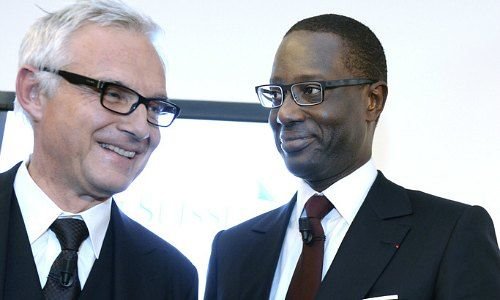
(Urs Rohner, Tidjane Thiam: Image: Keystone)
Urs Rohner was known for his generous pour: the Credit Suisse Chairman defended executive and board pay – until a sudden reversal in 2017. The Swiss bank’s top management and directors would take a 40 percent cut in bonuses, he said.
The backtrack followed widespread criticism of Credit Suisse’s fat pay packages, including by major U.S. and U.K. shareholders. The bank was at risk of suffering the first binding no-vote after Switzerland rolled out rules on executive pay. Rather than risk this dubious honor, Rohner led a «voluntary» cut. In other words, the bank’s C-suite took a political gamble – and lost.
9. How ZKB Stuck It to a Client – and CEO Cashed In
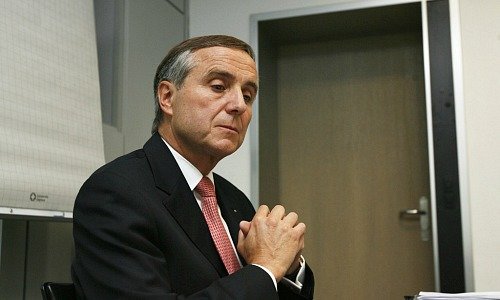
(Hans Voegeli, Image: Keystone)
The incident is unlikely to make it into the commemoration when Zuercher Kantonalbank, or ZKB, celebrates its 150th anniversary next year: a 2007 trading scandal is emblematic of how even small regional lenders got caught up in the hype. Russian oligarch Viktor Vekselberg teamed up with Austrian corporate raider Ronny Pecik and an associate, Georg Stumpf to win control of Sulzer, a Swiss industrial engineer.
ZKB helped the duo to build up their stake with covert stock and options purchases. The fly in the ointment: ZKB was the «house» bank of the 185-year-old firm. To add insult to injury, ZKB’s CEO Hans Voegeli also bet on Sulzer options amid the takeover bid. Voegeli quickly resigned; weeks later it emerged that he failed fitness and probity tests with Switzerland’s banking regulator.
10. UBS' Kick in the Gut
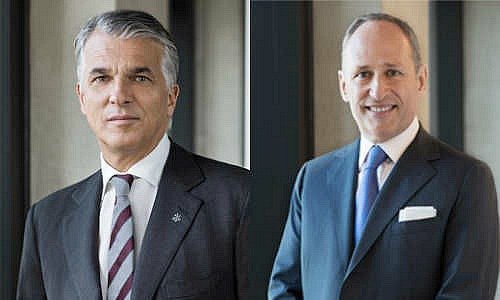
(Sergio Ermotti, Markus Diethelm, Image montage: finews.com)
Pride comes before a fall: UBS wasn’t just cocky it would defeat French criminal charges. The Swiss bank’s CEO Sergio Ermotti blasted the charges as politically motivated, saying he looked forward to UBS’ day in court as an opportunity to restore its reputation. UBS didn’t entertain the notion of a settlement, and chief lawyer Markus Diethelm was caught issuing a veiled warning over fallout for France if courts dared to rule against UBS.
The bank suited up with a flotilla of litigators including several French stars to argue its case: the wealth manager hadn’t violated Swiss law. A French judge didn’t care, slamming UBS with a 4.5 billion euro ($4.5 billion) fine. UBS is forced to appeal – a kick in the gut for the all-too confident bankers.
- << Back
- Page 2 of 2




























